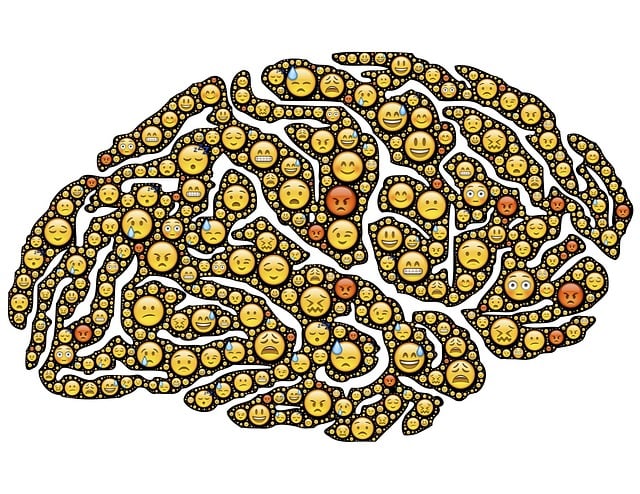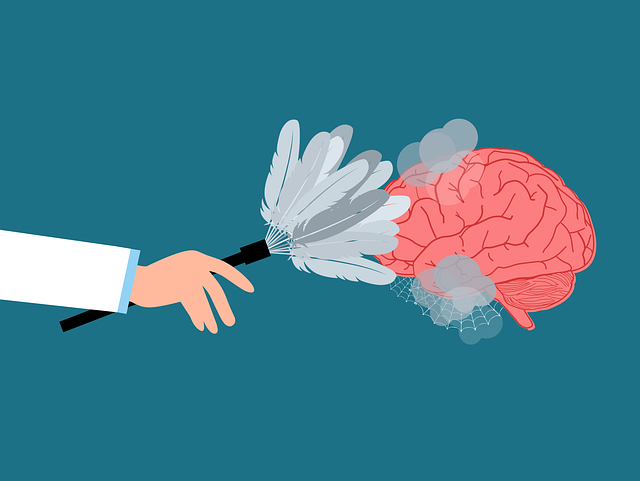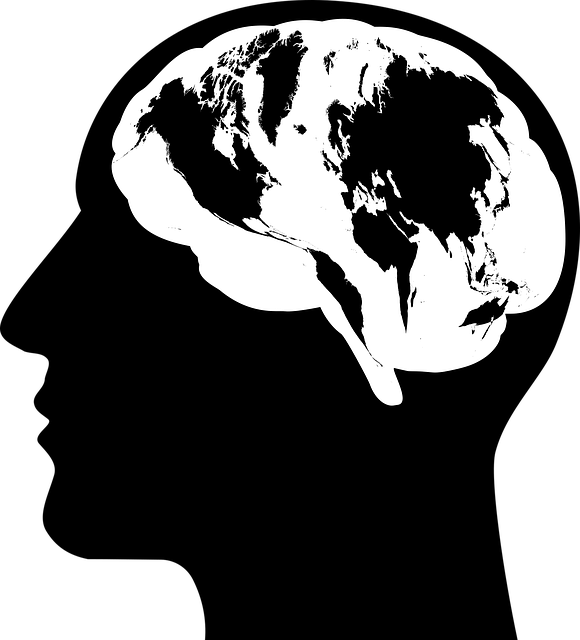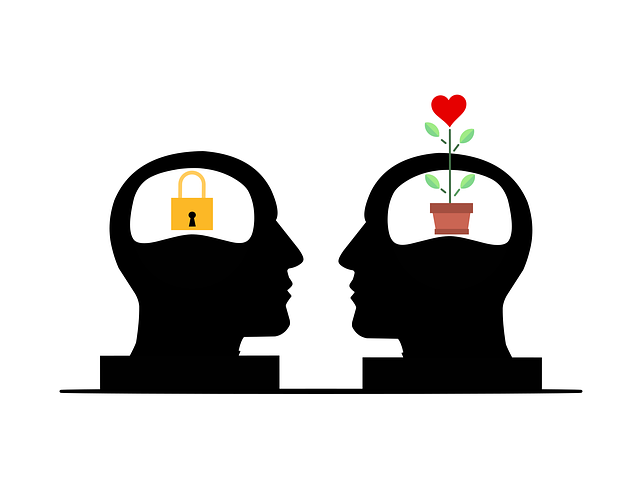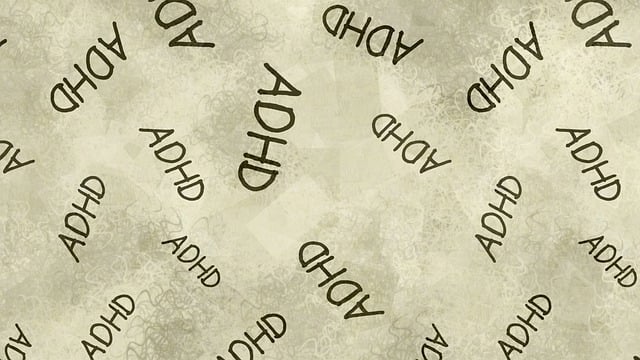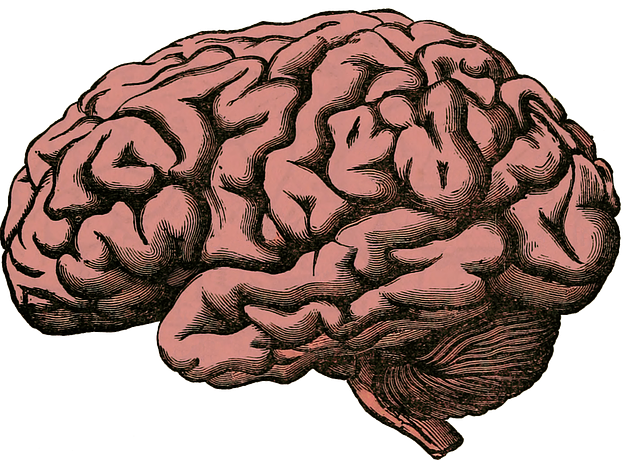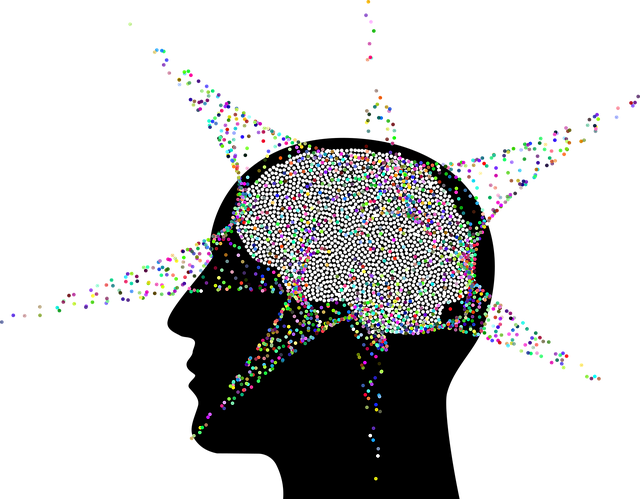Mental wellness is a dynamic aspect of overall health, influenced by emotions, thoughts, and actions. Golden Dissociative Disorder (GDD) therapy focuses on coping mechanisms and self-awareness exercises for recovery. GDDT combines traditional therapy with dissociative practices to help manage conditions like Dissociative Identity Disorder (DID). Journaling, a powerful ally in mental wellness enhancement, facilitates reflection, tracks progress, identifies triggers, and aids symptom management. Consistent journaling routines, particularly for individuals with Dissociative Disorder, offer self-reflection, emotional expression, and stress reduction. Incorporating GDDT techniques into journaling can dramatically improve self-care, aiding in better mood management and insights into mental health challenges.
“Unwind your mind and embark on a journey to improved mental wellness with this comprehensive guide. Mental health is a vital aspect of daily life, and understanding its nuances is key. We introduce an effective practice, Golden Dissociative Disorder Therapy (GDDT), which offers a transformative approach.
Journaling, when combined with GDDT, becomes a powerful tool to process emotions and experiences. This article explores the benefits of journaling for mental health, provides tips to establish a routine, and guides you through integrating GDDT into your practice. Uncover the potential to revolutionize your mental wellness.”
- Understanding Mental Wellness and its Impact on Daily Life
- Introduction to Golden Dissociative Disorder Therapy (GDDT)
- Benefits of Journaling for Mental Health
- Creating a Journaling Routine: Tips and Techniques
- Incorporating GDDT into Your Journaling Practice
Understanding Mental Wellness and its Impact on Daily Life

Mental wellness is a vital aspect of overall health and well-being, encompassing our emotional, psychological, and social state. It affects how we think, feel, and act in daily life. Understanding mental wellness involves recognizing its dynamic nature and acknowledging that it can fluctuate from day to day. Mental disorders, such as Golden Dissociative Disorder (GDD), play a significant role in shaping an individual’s experience of reality and their ability to navigate daily tasks. GDD therapy focuses on helping individuals develop coping mechanisms and strategies to manage symptoms, fostering self-awareness exercises that are crucial for recovery.
In the context of healthcare, burnout prevention strategies for providers are essential to maintaining mental wellness. Healthcare professionals often face high-stress situations, which can lead to emotional exhaustion if left unaddressed. Empathy building strategies, when incorporated into their practice, can enhance provider-patient relationships and contribute to a healthier work environment. By prioritizing mental wellness, individuals can improve their resilience, enhance decision-making abilities, and ultimately provide better care for themselves and their patients.
Introduction to Golden Dissociative Disorder Therapy (GDDT)

Golden Dissociative Disorder Therapy (GDDT) is a revolutionary approach that combines elements of traditional therapy with innovative dissociative practices. This therapy aims to help individuals manage and overcome conditions characterized by dissociation, such as Dissociative Identity Disorder (DID). By fostering a deeper understanding of the mind’s complex mechanisms, GDDT encourages patients to develop healthier coping strategies. Through this process, individuals can improve their overall mental wellness and cultivate positive thinking patterns.
The therapy involves a series of structured exercises designed to enhance self-awareness and promote integration of different aspects of the personality. One such powerful tool is Mental Wellness Journaling Exercise Guidance, which prompts patients to record their thoughts, emotions, and experiences. This practice not only facilitates reflection but also serves as a risk assessment for mental health professionals, providing valuable insights into an individual’s internal world. By engaging in regular journaling, individuals can track their progress, identify triggers, and develop strategies to manage symptoms effectively.
Benefits of Journaling for Mental Health

Journaling has emerged as a powerful tool for enhancing mental wellness, offering individuals a safe space to explore their thoughts and emotions. This practice can be particularly beneficial for those navigating conditions such as Dissociative Disorder, where managing fragmented memories and experiences is a key aspect of therapy. By putting pen to paper, individuals can engage in a form of self-reflection that fosters understanding and promotes healing. The process allows for the clarification of confusing or distressing feelings, helping to make sense of complex internal states.
Furthermore, journaling provides an opportunity to develop empathy-building strategies. Individuals can gain valuable insights into their behaviors and triggers, enabling them to respond more compassionately to themselves and others. This practice also encourages cultural sensitivity in mental healthcare practices by allowing people to express their unique experiences and perspectives. Through regular reflection, individuals can advocate for themselves and inform Mental Health Policy Analysis, ultimately contributing to improved services tailored to diverse communities.
Creating a Journaling Routine: Tips and Techniques

Establishing a consistent journaling routine can be a powerful tool for managing mental wellness, especially for individuals navigating conditions like Dissociative Disorder. Dedicating a few moments each day to self-reflection and expression allows for a deeper connection with your thoughts and emotions. Start by setting aside a specific time and location where you feel most at ease—perhaps before bed or during a quiet morning. Make it a ritual, treating yourself as you would a friend, by creating a comfortable and inspiring environment. Consider using prompts to guide your entries, such as describing your day’s highlights or challenges, expressing gratitude, or exploring your feelings through creative writing.
Remember, journaling is a personal journey; the key is consistency. Over time, you’ll begin to notice patterns in your thoughts and emotions, enabling better self-awareness. This practice can also serve as an effective stress reduction method, offering a sense of calm and clarity. By embracing mind over matter principles, you’re taking control of your mental health and well-being through the simple yet profound act of putting pen to paper.
Incorporating GDDT into Your Journaling Practice

Incorporating Golden Dissociative Disorder Therapy (GDDT) into your journaling practice can significantly enhance self-care routines, particularly for those navigating mental health challenges. This therapeutic approach encourages individuals to dissociate from distressing thoughts and emotions, fostering a sense of detachment that promotes better mood management. By dedicating space in your journal to GDDT techniques, you can explore your inner world with curiosity and begin to untangle complex feelings.
Journaling provides an ideal platform for self-reflection and self-discovery, allowing you to track your emotional shifts and gain valuable insights. Through regular practice, you’ll develop a deeper understanding of your triggers, patterns, and coping mechanisms. This increased awareness contributes to confidence-boosting moments when faced with challenges, as it equips you with the knowledge to navigate difficult emotions more effectively. Moreover, self-esteem improvement often follows as you recognize your ability to manage and overcome mental health hurdles.
Mental wellness journaling, integrated with techniques from Golden Dissociative Disorder Therapy (GDDT), offers a powerful tool for navigating and improving daily life. By regularly documenting thoughts and experiences, individuals can gain valuable insights into their mental health, process traumatic events, and cultivate resilience. Through dedicated practice, a consistent journaling routine enhances self-awareness, fostering better coping mechanisms and overall well-being. Embrace the transformative potential of GDDT-informed journaling to nurture your mental wellness journey.
